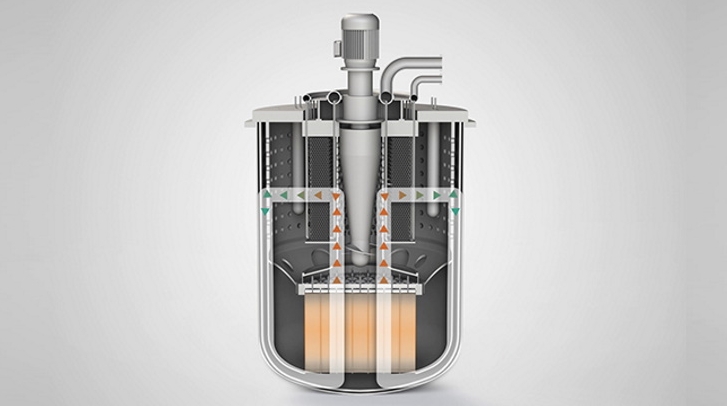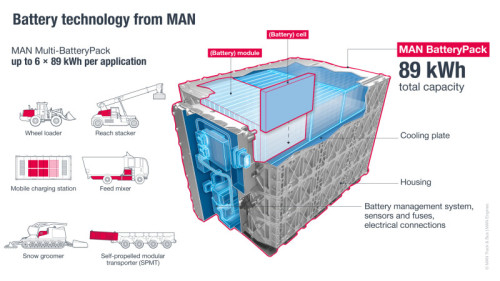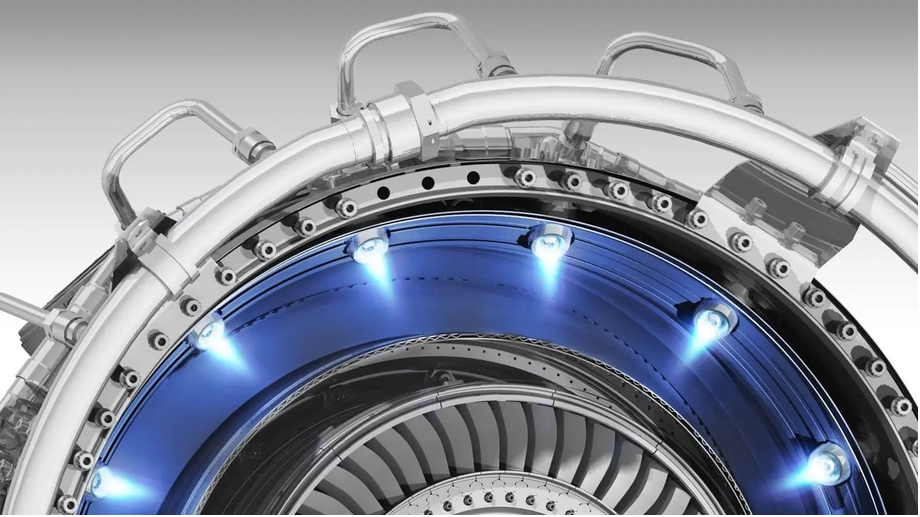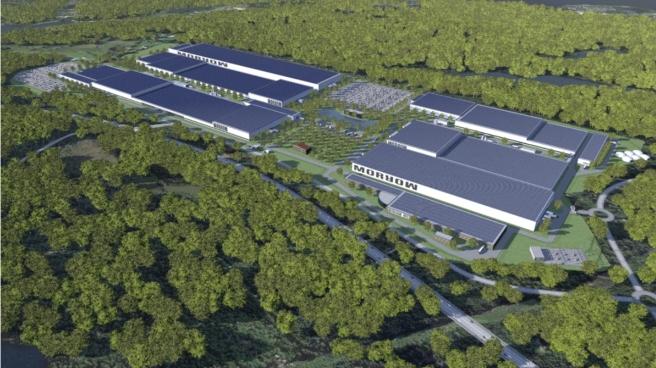
"Our application makes the case that the benefits of clean, firm, flexible power from the LFR-AS-200 would far outweigh any potential risks, which are in any event rigorously controlled by robust safety features, including passive safety systems, built into the design and incorporated into the operating arrangements, in line with the UK’s regulatory requirements," the NIA said. "The application also demonstrates that the reactor design would support nuclear energy's contribution to a stable and well-balanced electricity grid, which is essential to reduce consumer bills and maintain economic competitiveness."
The government has confirmed that the application - the first ever for an advanced nuclear technology in the UK - has been accepted for consideration, and the Department for Environment, Food and Rural Affairs (DEFRA) will support the Secretary of State in their role as the justifying authority responsible for the justification decision. DEFRA will now conduct a process of internal review and consultation with a number of statutory consultees.
The NIA noted that a justification decision is one of the required steps for the operation of a new nuclear technology in the UK, but it is not a permit or licence that allows a specific project to go ahead. "Instead, it is a generic decision based on a high-level evaluation of the potential benefits and detriments of the proposed new nuclear practice as a pre-cursor to future regulatory processes," it added.
The NIA, as the representative body of the UK civil nuclear industry, often makes justification applications, because justification is a generic decision that can be relied upon by anyone and are not personal to individual reactor vendors or project developers. The NIA has previously applied for justifications for Hitachi's Advanced Boiling Water Reactor, Westinghouse's AP1000 and Framatome's EPR.
"Advanced reactors like Newcleo's lead-cooled fast reactor design have enormous potential to support the UK's energy security and net-zero transition, so we were delighted to apply for this decision," said NIA Chief Executive Tom Greatrex. "This is an opportunity for the UK government to demonstrate that it backs advanced nuclear technologies to support a robust clean power mix and to reinvigorate the UK's proud tradition of nuclear innovation. We look forward to engaging with the government and the public throughout this process and to further applications for new nuclear designs in the future."
Newcleo CEO Stefano Buono added: "This is an important milestone in our development programme and a vital step forward in our delivery plan for the UK. We're of course delighted to be the first ever advanced technology to be submitted to the justification process and the first reactor design to be considered since the last wave of large-scale designs, almost a decade ago.
"We continue to progress our UK plans at pace - aiming to deliver our first of a kind commercial reactor in the UK by 2033. We are but one player in the new nuclear renaissance and we look forward to working with government and the rest of the sector to develop the robust supply chain that can deliver the UK's ambition of 24 GW of nuclear power by 2050."
The first step of London-headquartered Newcleo's delivery roadmap will be the design and construction of the first-of-a-kind 30 MWe lead-cooled fast reactor to be deployed in France by 2030, followed by a 200 MWe commercial unit in the UK by 2033.
At the same time, Newcleo will directly invest in a mixed uranium/plutonium oxide (MOX) plant to fuel its reactors. In June 2022, Newcleo announced it had contracted France's Orano for feasibility studies on the establishment of a MOX production plant.







